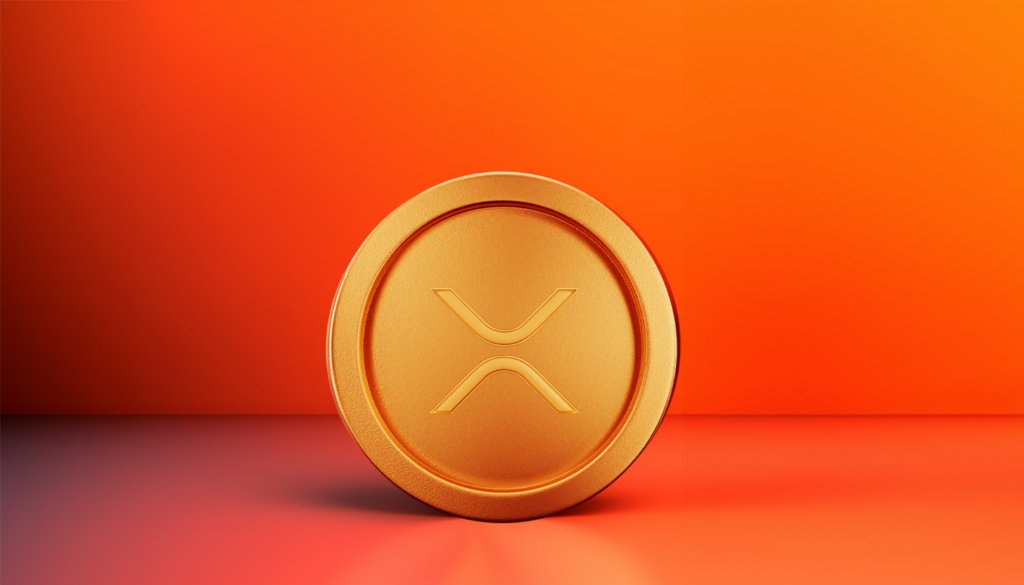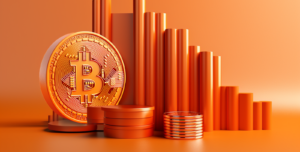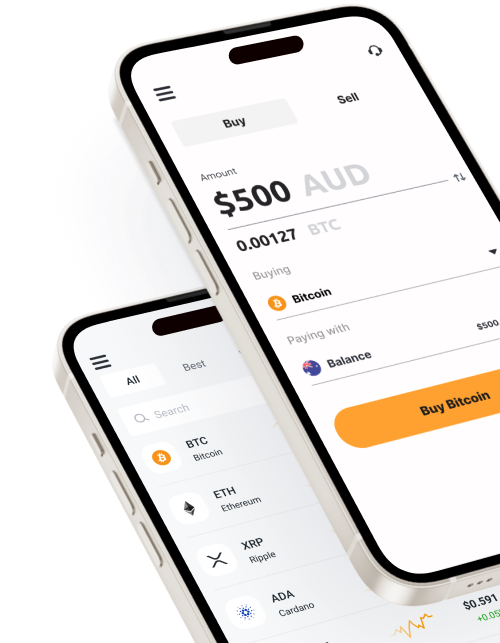
Key Points 📌
🤔 What is Ripple? The native cryptocurrency of the Ripple network.
🛠️ How it Works: Facilitates fast and low-cost cross-border transactions.
💰 Tokenomics: All tokens created at inception, with tokens released periodically into the market.
📊 Why Choose Ripple? Speed, cost-efficiency, and liquidity.
⚠️ Potential Risks and Criticisms: Legal and regulatory challenges.
🚀 Getting Started: Buying, storing, and using XRP.
📚 FAQ: Your top questions, answered.
Introduction 🌟
Dive into this short guide to explore XRP, the digital asset native to the Ripple network, its operation, unique tokenomics, and more.
What is XRP? 🌐
XRP is engineered to facilitate rapid and economical cross-border transactions. It’s the backbone of Ripple’s ambition to transform global finance by making money transfers swift, low-cost, and reliable. It operates on the Ripple protocol, ensuring real-time settlement capabilities, and continues to be a choice for real-time settlements globally.
How it Works 🛠️
The magic of XRP lies in its operational protocol. Here’s how it stands out:
- Speed: XRP transactions are lightning-fast, usually settling within 3-5 seconds
- Cost-Efficiency: The average transaction fee is a mere $0.0002, making it a cost-effective choice for cross-border transactions
- On-Demand Liquidity (ODL): Ripple’s ODL service dramatically reduces the cost and settlement time for cross-border transfers. In 2022, Tranglo, a Ripple partner, saw over $3.3 billion in transfers with 80% of these transactions concluded in real-time without any latency.
Tokenomics 💰
XRP’s architecture is unique:
⛏️ Pre-Mined Supply: The inception of Ripple saw the creation of 100 billion XRP tokens.
🔄 Distribution : A substantial portion resides with Ripple, which are periodically released into the market through a structured program.
🔥 Burn Rate : Each transaction sees a minor quantity of XRP ‘burned’, reducing the total supply over time.
Why Choose Ripple? 📊
XRP presents a compelling set of advantages:
⚡ Speed Transactions are executed within a mere 3-5 seconds.
💵 Cost-Efficient: The transaction fees are a fraction compared to conventional channels.
🏦 Liquidity: XRP is easily tradeable on many platforms, enhancing its accessibility.
Potential Risks and Criticisms ⚠️
XRP is not without its risks:
⚖️ Legal Challenges: Ripple had encountered regulatory scrutiny from the U.S. Securities and Exchange Commission (SEC), although recent developments have been favourable.
🏢 Centralisation Concerns: Detractors argue XRP leans towards centralisation compared to its crypto counterparts.
Getting Started 🚀
Keen to interact with XRP?
🛒 Buy XRP: You can buy XRP on Bitcoin.com.au.
🗄️ Store XRP: Hardware wallets like Ledger for long term storage, or browser based wallets like Metamask or Exodus for on the go transactions.
💸 Transfer Funds: Use XRP for quick and cheap transfers.
FAQ 📚
🤔 What is XRP? It’s the digital currency of the Ripple network aimed at facilitating fast, low-cost cross-border transactions.
🛒 How do I buy XRP? You can buy XRP on Bitcoin.com.au.
⚖️ Is XRP centralised? The debate around XRP’s centralisation primarily revolves around Ripple’s control over a large portion of the XRP supply.
Conclusion 🎯
XRP offers an enticing blend of speed and cost-efficiency in transacting, but does have its share of criticisms around regulation and centralisation. Being well-informed is key.
Further Reading 📚
Looking for a deeper dive? The world of XRP holds more chapters for your exploration:



